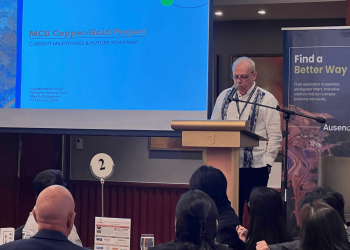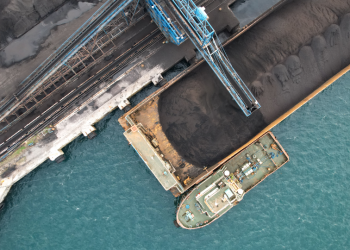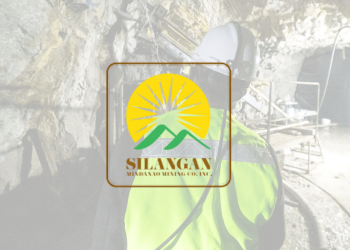The Philippine Institute for Development Studies (PIDS) believes the country can enhance the economic advantages of open-pit mining and reduce its adverse effects by implementing sustainability indicators and monitoring platforms.
Ludwig Pascual, a consultant and co-author of the PIDS study titled “Implications of Lifting the Open-Pit Mining Ban in the Philippines,” highlighted this point.
The study, co-authored with PIDS senior research fellow Sonny Domingo and research specialist Arvie Joy Manejar, examined the consequences of lifting the open-pit mining ban.
According to the study, the mining sector generated a production value of P224 billion in 2021 and made a significant contribution of more than $46 billion to the country’s exports.
Although mining activities offer economic advantages, they also raised concerns about ecological integrity. These concerns include risks of disasters, depletion of natural resources, pollution, chemical toxicity, illegal use of explosives, contamination of water bodies, and displacement of communities.
The unequal distribution of benefits is also a pressing concern.
Pascual emphasized the importance of enhancing the mining fiscal framework to ensure fair sharing of benefits, as well as directing mining revenues towards initiatives that promote the development of human capital and ecological integrity.
He also stressed the need to raise compensation for communities affected by mining activities.
Marian De Los Angeles, a board member emeritus of the Resources, Environment, and Economic Center for Studies, stated that although mining is not sustainable, achieving a sustainable income from mining activities is feasible.
“Environmental, social, and governance principles should be practiced by miners, regulators, and the local community. Mining investments should also anticipate various risks and practice adaptive management to manage these risks,” she stated.
Delos Angeles advised mining companies to perform feasibility studies and environmental impact assessments (EIAs) in order to assess the social and environmental expenses involved.
Meanwhile, Eramen Minerals Vice President for Operations Alexandrie Amadeo highlighted that if mining projects are implemented and monitored effectively, nearby communities can experience long-term economic growth and improved infrastructure.
However, unequal distribution of benefits may cause social conflicts, and unregulated mining pollution can lead to soil and water contamination, health issues, and habitat loss.
“Enforcing regulations, addressing policy stability, and securing minerals properties away from non-compliant mining can be done for short-term management. Engagement with communities is crucial, and revenue from mining can address environmental and social concerns and contribute to long-term development such as infrastructure, hospitals, and social services,” he stated.
Danny Berches, Chief of the Mine Environmental Audit Section at the Department of Environment and Natural Resources-Mines and Geosciences Bureau (DENR-MGB), stated that the MGB is implementing nationwide policies and educational events to incorporate biodiversity into mining operations. Additionally, the bureau is actively promoting sustainable resource management.
Berches emphasized the need of enhancing the enforcement of mining laws and environmental regulations, as well as the significance of prioritizing national laws over local ordinances.
“While economic reasons are often highlighted for lifting the ban on open-pit mining, the DENR recognizes the importance of intensifying monitoring of mining operations to safeguard the well-being of communities and the environment,” Berches added.














